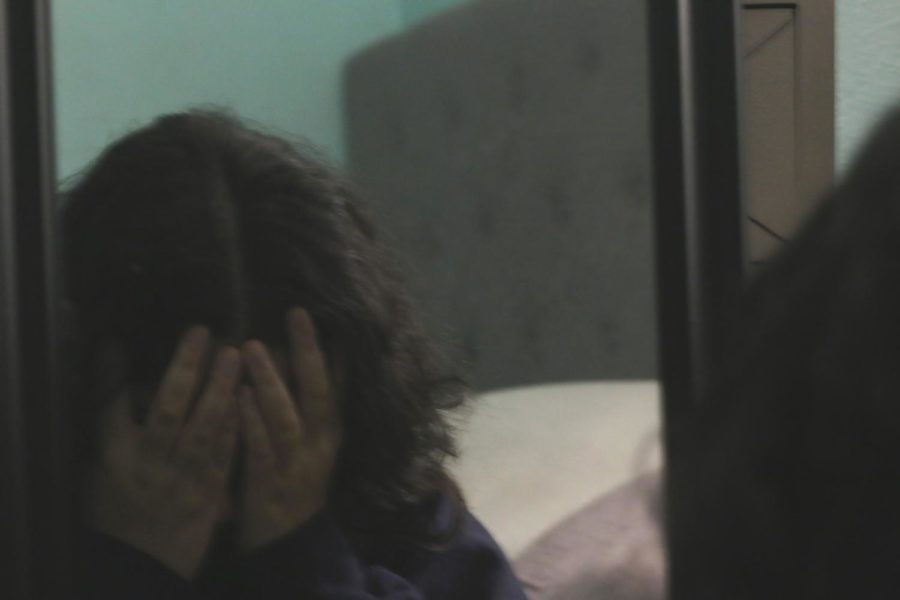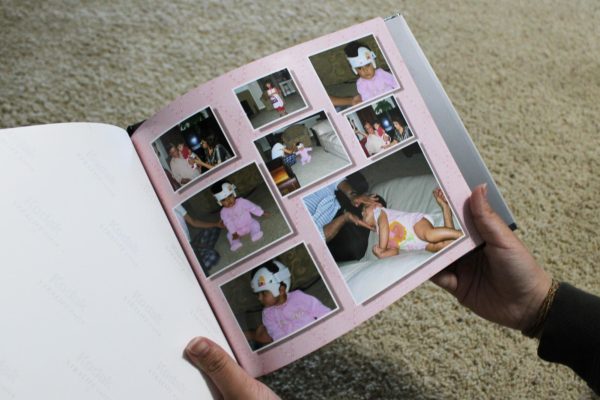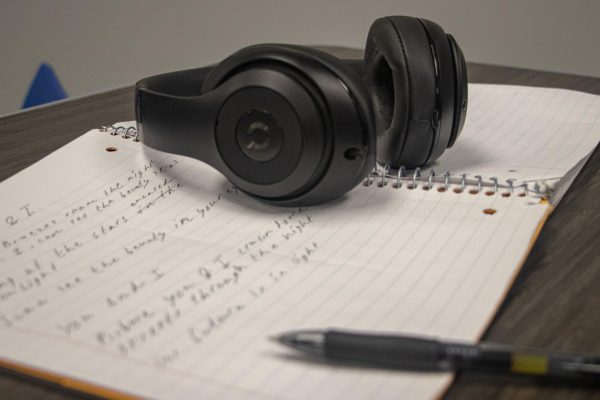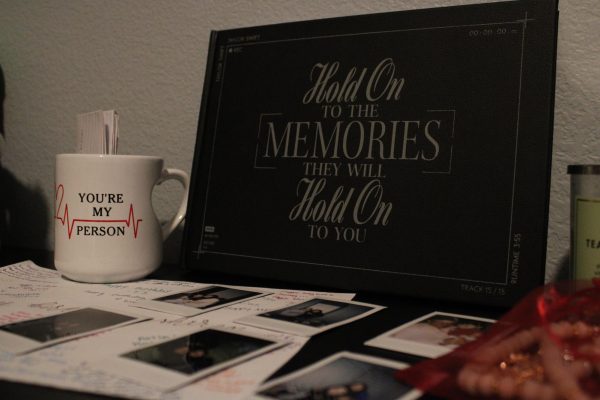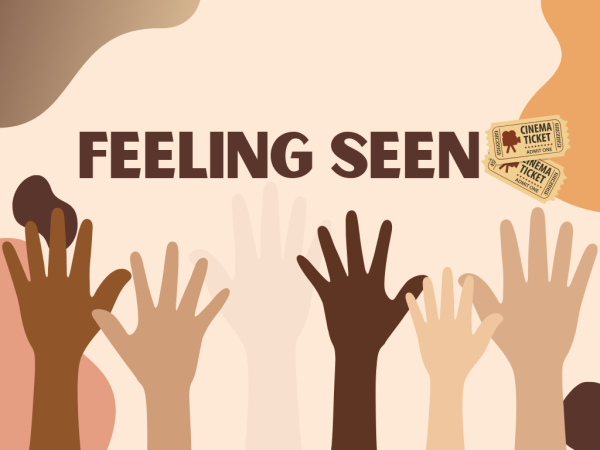Opinion: Self isolation
My struggle keeping myself on a pedestal
Growing up on social media, it felt as if judgemental eyes were staring me down and criticizing my every move. I found myself constantly self-conscious and aware of my body more than ever.
Since I gained access to social media, my perception of my beauty has changed drastically. Growing up on social media, it felt as if judgemental eyes were staring me down and criticizing my every move. I found myself constantly self-conscious and aware of my body more than ever.
The more I focused on the set beauty standards present on social media, the more I began to notice subtle changes in the way I acted in social situations, as well as a decrease in my mental health. When the only thoughts running through my head became negative and based on how much I lacked, I began to spiral. I subconsciously created new ways to hide my body from others, and it increased more as time went on.
The more I continued to overthink, the less I found myself present in social situations. I was always in my head, and I isolated myself from my friends because it became increasingly difficult to bear with others seeing me. It was exhausting when I could only focus on myself, rather than the environment I was in and the people I was with.
Comparing ourselves to others online creates unrealistic expectations for ourselves. Betterhelp.com records the different types of social comparison, one being upward social comparison. Upward social comparison can lower self-esteem as a result of thinking someone is better than another, which can lead to a focus on lacking characteristics and an exaggeration of insecurities.
On social media platforms such as Instagram and TikTok, it’s a recurring process of seeing people idolized for their beauty. After becoming so used to seeing conventionally beautiful people on a pedestal, I developed a desire to fit in with people based on my physical characteristics. It feels as though it’s another form of imposter syndrome: believing you’ll never be good enough and setting high expectations for yourself until burnout.
After years of struggling, I was able to find ways to relieve my thoughts by focusing less on social media and more on myself. There are a multitude of ways to engage in self care — whether it is through reading, writing, playing sports, skincare or walking. Focusing on activities I enjoy doing in my free time helped me redirect my thoughts.
I believe in nurturing your own body and refusing others the ability to dictate how it should be treated. The reality that another person’s beauty can manipulate the way somebody views their body should not be normalized.

Junior Rahma Shaikh is a reporter and this is her second year on staff. She loves music, reading and autumn. She also has a cat named Belle.



